Alexey Shor: "Music should resonate with people's hearts"
By Olga_Gafurova Friday, 28 June 2024 6:19 PM
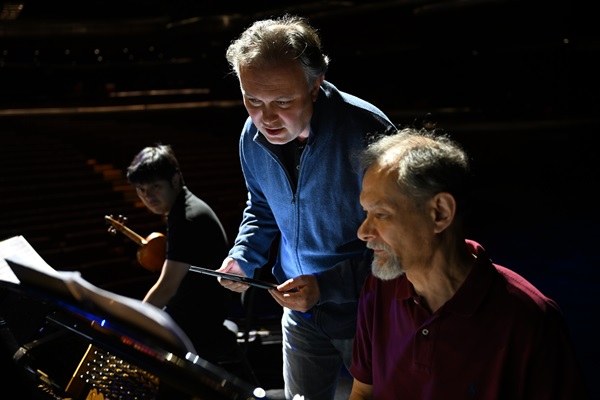
The third Classic Piano International Competition took place in Dubai, with 70 talented musicians being invited to compete for a prize fund of 250,000 euros. Throughout the contest, these young pianists presented a multitude of works from a variety of seminal composers, including pieces from the competition’s Composer-in-Residence Alexey Shor, who was also honoured to serve as the Composer-in-Residence for the InClassica International Music Festival 2024. During these two events, both world-class musicians and young talents showcased the maestro’s extraordinary compositions, with renowned soloists and orchestras performing a series of his finest works to great acclaim from audiences, musicians, and critics alike. In an exclusive interview Alexey Shor spoke to 'Aviamost' about his views on music competitions and the classical music industry in general.
Tell us about your collaboration with Classic Piano. What prompted you to participate in the competition for the third time?
This is a fantastic competition! Classic Piano stands out from other competitions in its selection process, as preliminary auditions are held first, and based on the results, the best participants are invited to the final stage in Dubai. This competition attracts musicians of a very high level; everyone here has a chance to win. It is a great honour and privilege for me to participate in the project, and it is truly enjoyable to see how future stars interpret my music.
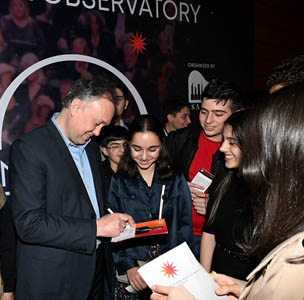
What do you think about the role of such competitions in the music world?
Music is not a sport, so everything is very subjective. The selection criteria may not be perfect, but it's not easy to single out a few from thousands of talented, promising people. Sometimes a musician, like a true diamond, is so large and bright that everyone notices him, and some participants become stars without receiving any awards. Nevertheless, winning the final is a great way to draw attention to a young talent.
The piece you presented at Classic Piano is a collaboration with Mikhail Pletnev. How do you see the role of collaboration in the classical music industry?
Actually, collaboration in writing classical music is a rare phenomenon, but there have been cases in history when composers, being friends, compose something together. This happened with Mikhail Pletnev, who was supposed to perform my piece, and during rehearsals, he had some ideas about it. Thus, this collaboration was born. I am happy with our collaboration; Mikhail is an amazing artist, and it was a real pleasure to work with him.
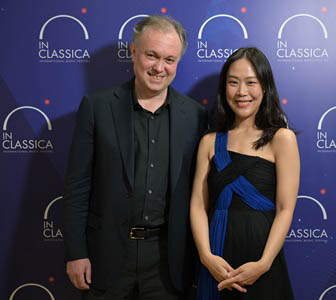
The competition pays special attention to the piano, but do you perhaps like to write music for other instruments as well?
I think the piano is the king of all instruments. No matter how much I love the violin or cello, most of the time they can only play one note. The piano is like a whole orchestra; you can have multiple voices, varied harmonies and textures. Every time I have a musical idea, I need to clearly understand which instrument I am composing for. But if the idea is less definite, then I write it for piano and then I think about what to do with it after.
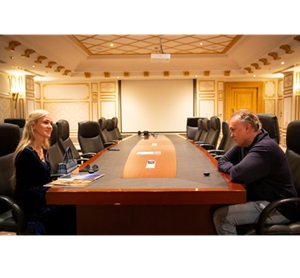
In your compositional style, you tend to avoid ultra-modern elements, preferring to focus on harmony and tonality. Can you tell us a bit about this approach?
When I write music, I always imagine myself as a listener. I believe that music should resonate in the hearts of the audience and be understandable to them. This is similar to any other art, which should be valued for itself because most avant-garde music is very theoretical and can only be appreciated by a small group of people who want to understand the theory behind it. That's not what I like.
Are there composers who have influenced your work?
Yes, there are two types of influence. The music of great composers like Bach and Mozart is mesmerising and inspiring, but I don't find it very useful didactically for the modern composer. But then there are other composers whose style I don't particularly like, but from whom there is a lot to learn in terms of technical mastery. For example, Rimsky-Korsakov or Ravel are amazing orchestrators, so reading their scores is very informative. What inspires you to write music? It's hard to say. It's a special state of mind. Sometimes something knocks us out of our routine, sticks in our memory, and gives us fireworks display of emotions. There is also enough inspiration in everyday life: nature, travel, children, friends…. The important thing is to notice it all!
Thank you for an interesting conversation and we wish you inspiration and more bright compositions!
Author Olga Gafurova
Photographer Sasha Gusov






















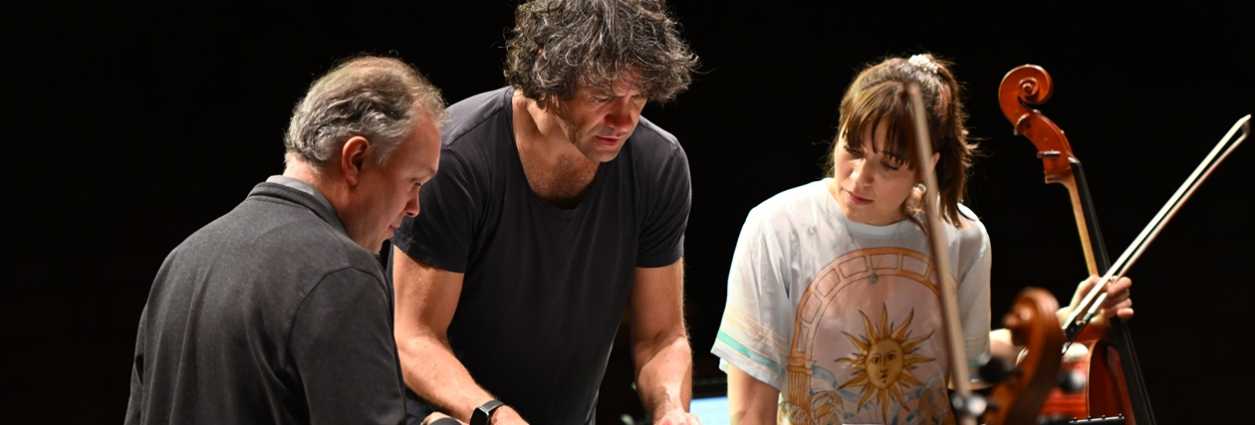




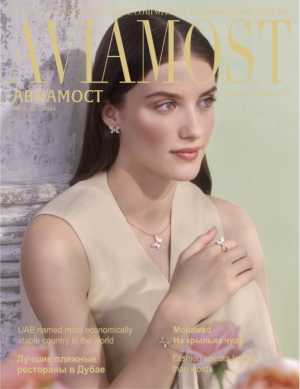

Add new comment